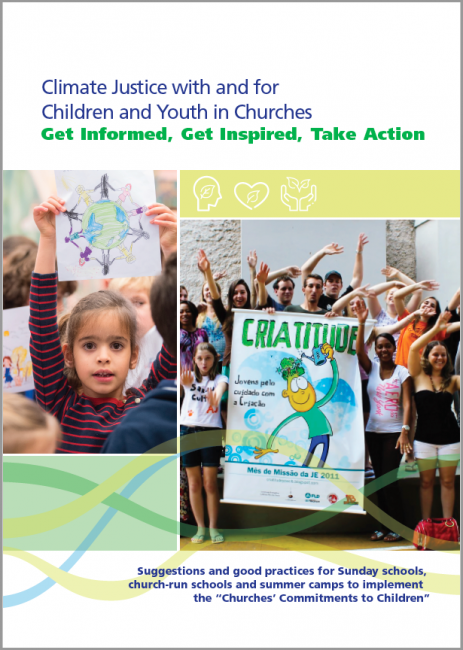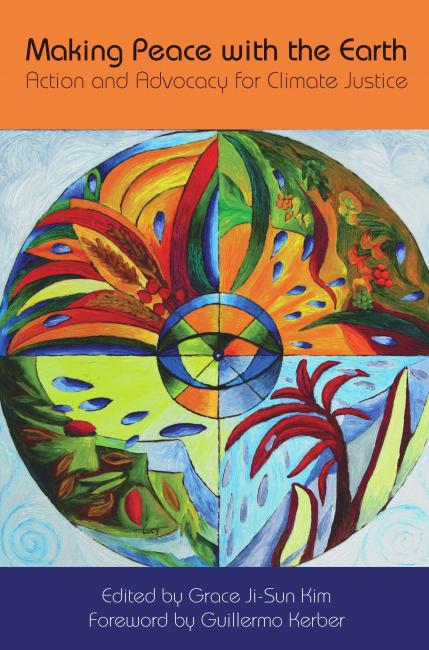Displaying 81 - 91 of 91
Young People and Climate Justice
06 August 2021
Climate Justice with and for Children and Youth in Churches
Get Informed, Get Inspired, Take Action
25 October 2020









